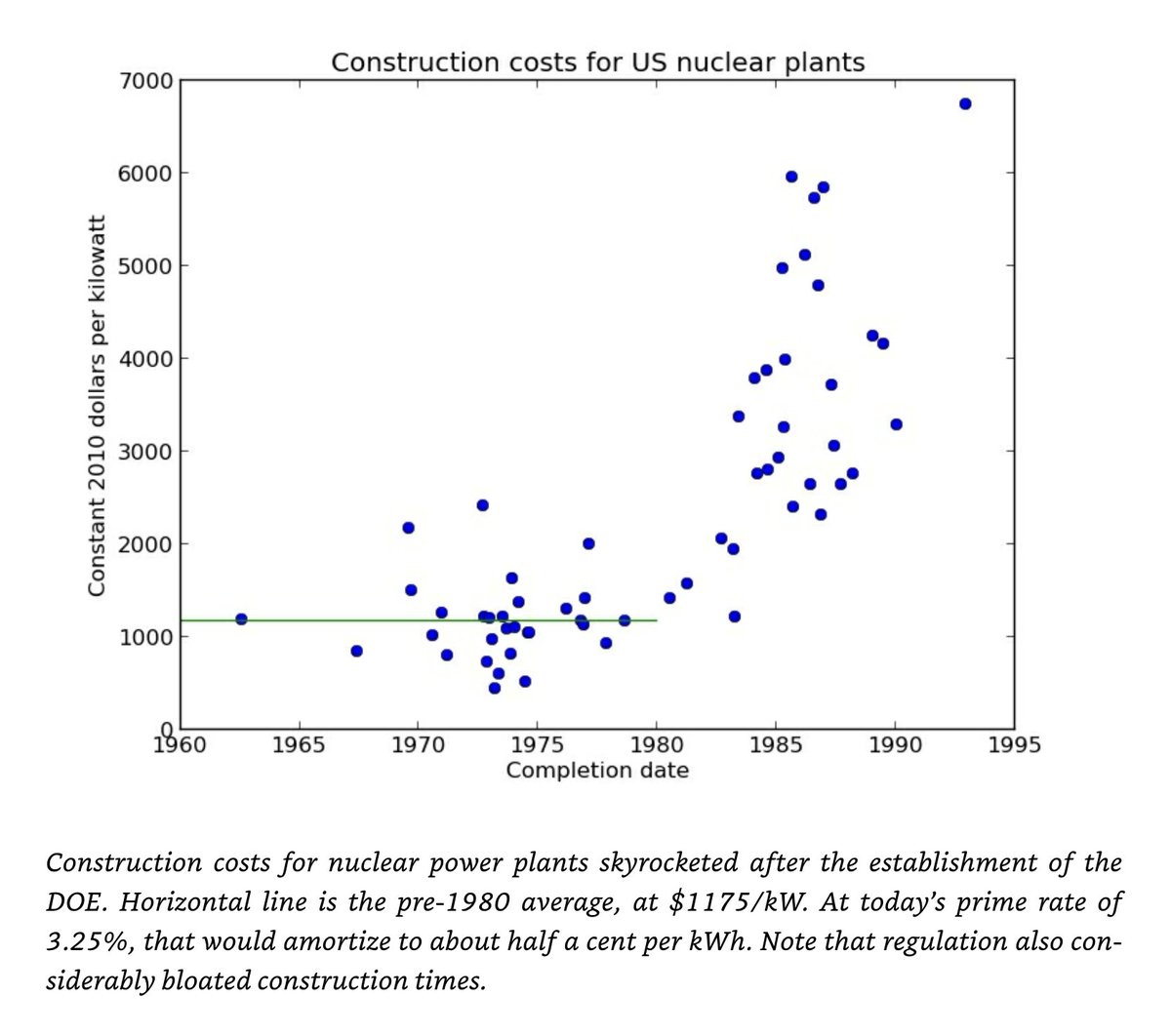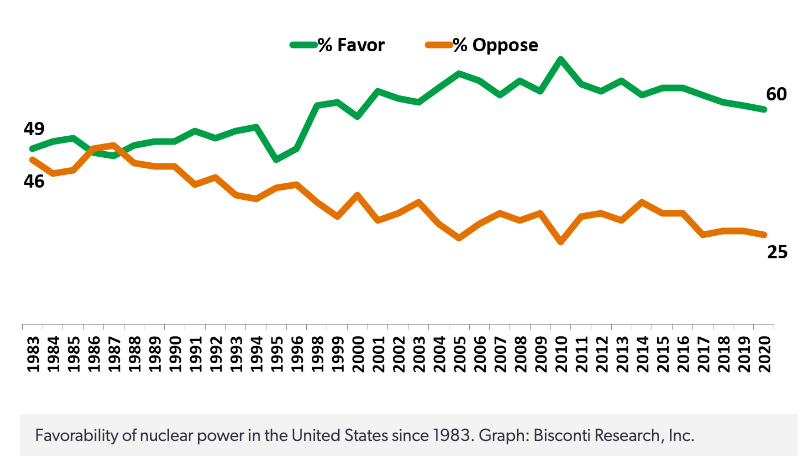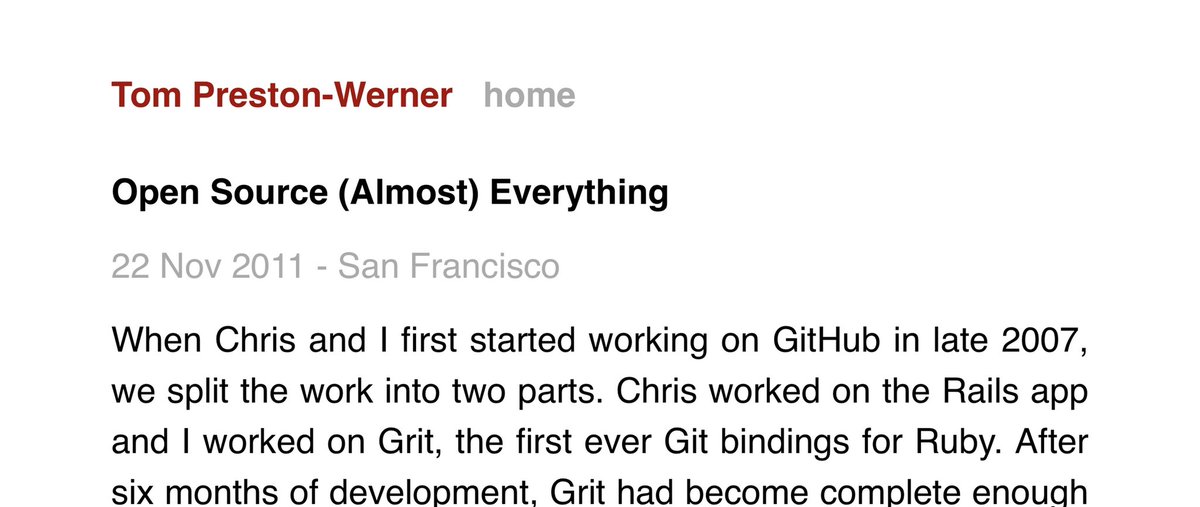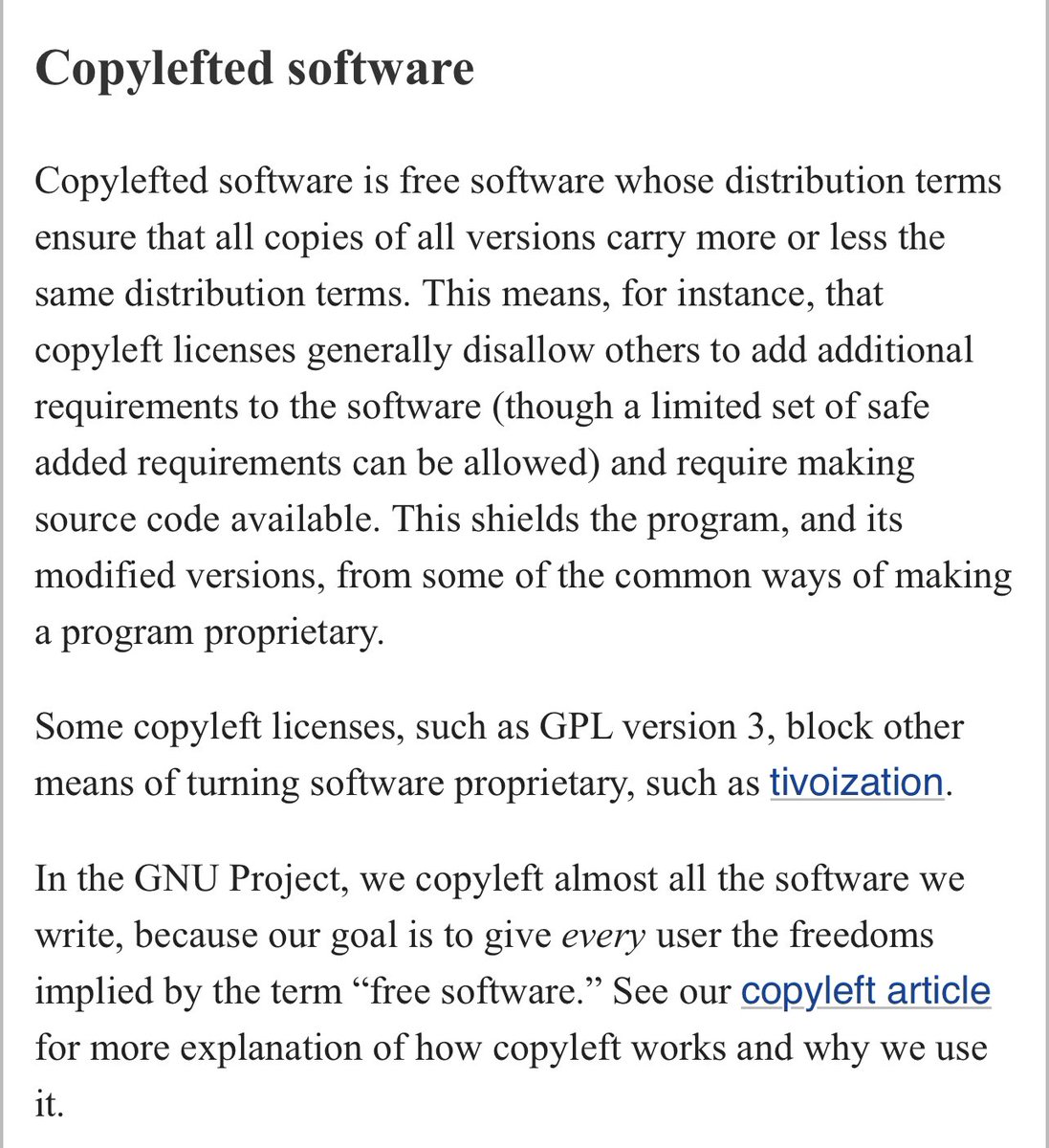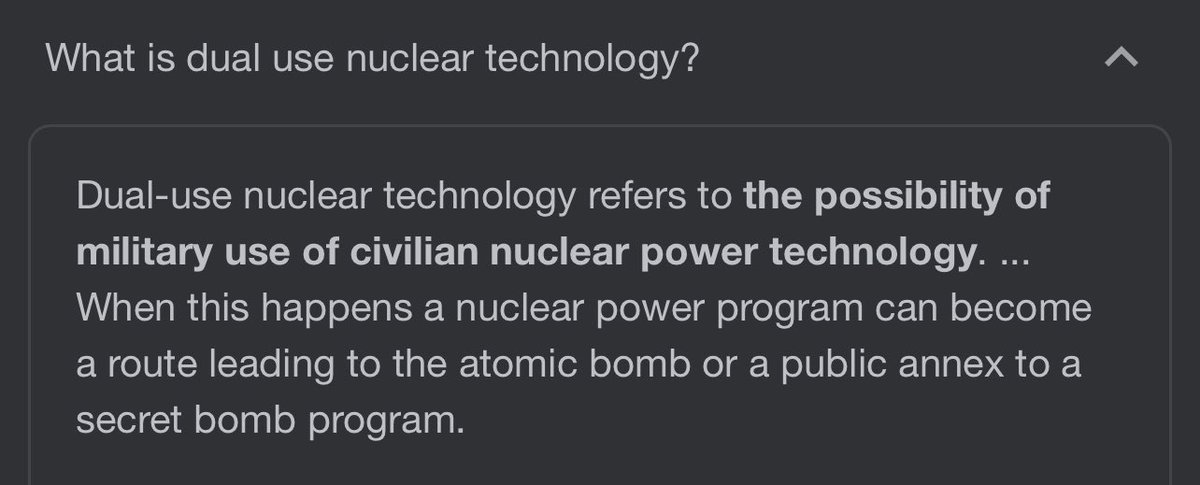
I write about this exact phenomenon in The Network State.
At scale, a startup becomes a bureaucracy. The CEO must ensure that all are replaceable, because otherwise one departure could kill a company. However, this leads to alienation. And then decline. thenetworkstate.com/left-is-the-ne…

At scale, a startup becomes a bureaucracy. The CEO must ensure that all are replaceable, because otherwise one departure could kill a company. However, this leads to alienation. And then decline. thenetworkstate.com/left-is-the-ne…
https://twitter.com/voltarch/status/1554075369174716419
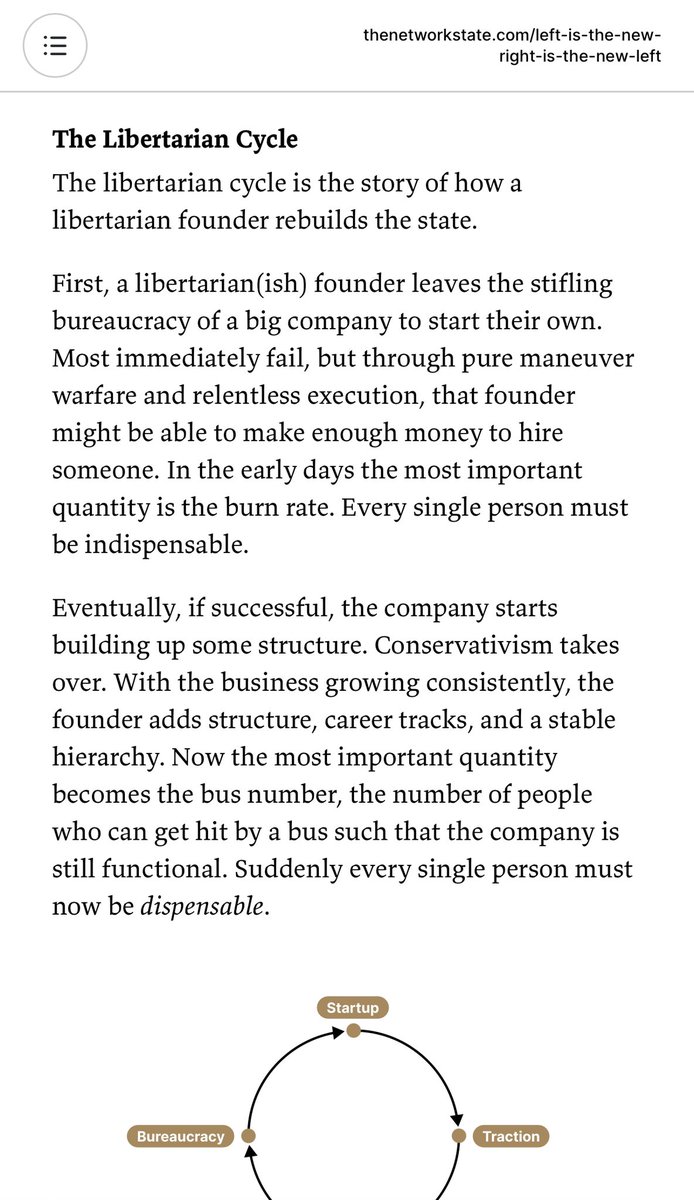

Without picking on this guy at all — seems like a perfectly reasonable person — this attitude is why Google* hasn’t shipped innovative products in years.
* Their AI work is still amazing, but that’s research. Publishing isn’t as easily blocked by the rest of the org.
* Their AI work is still amazing, but that’s research. Publishing isn’t as easily blocked by the rest of the org.
https://twitter.com/voltarch/status/1554075366855266307
To compare and contrast the Google with “heros” to the one without them…
2001 Google: Paul Buchheit codes the antecedent of Gmail in one day. time.com/43263/gmail-10…
2022 Google: the big announcement is a new Gmail theme. workspaceupdates.googleblog.com/2022/06/update…
2001 Google: Paul Buchheit codes the antecedent of Gmail in one day. time.com/43263/gmail-10…
2022 Google: the big announcement is a new Gmail theme. workspaceupdates.googleblog.com/2022/06/update…
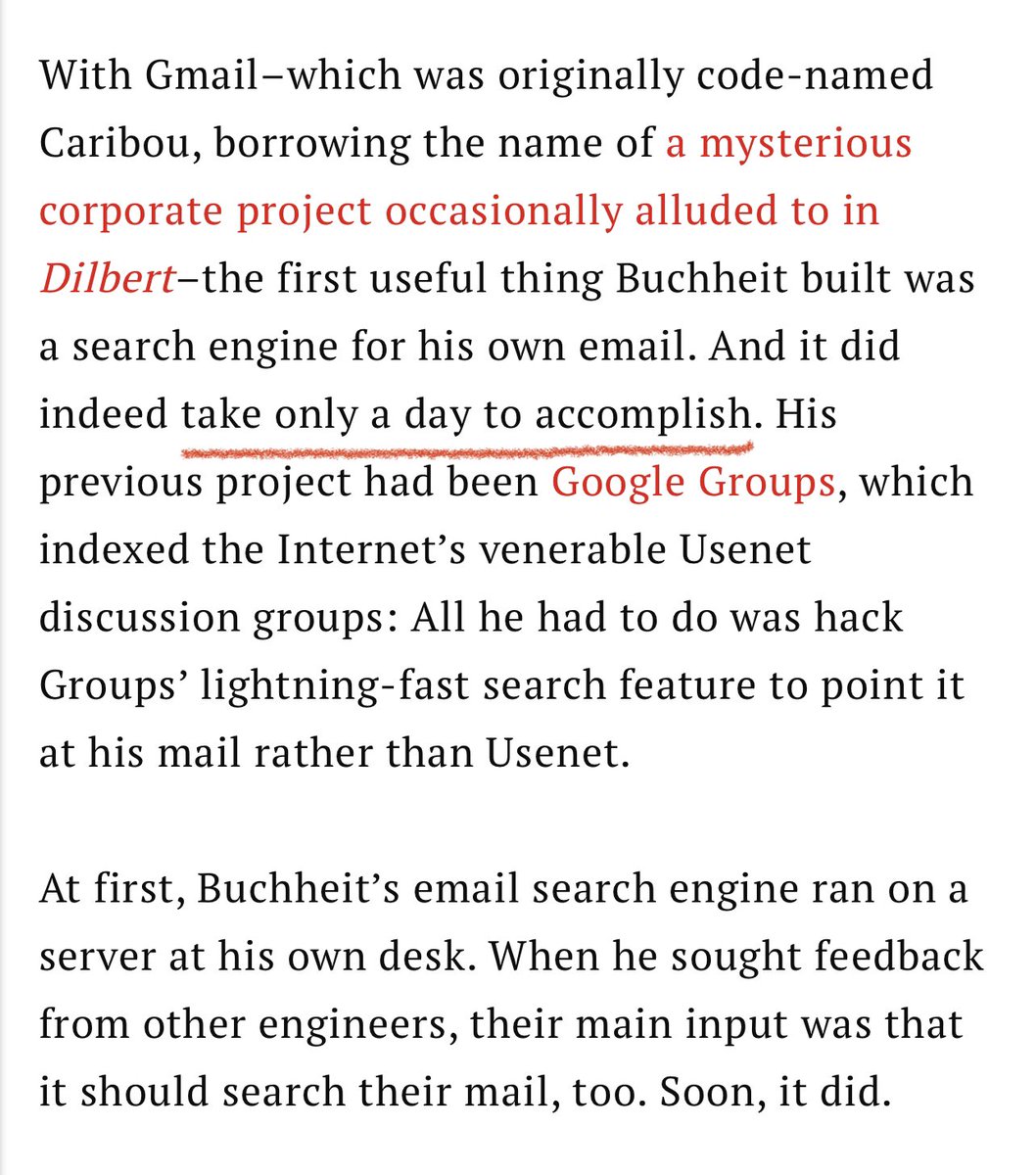
Early Google was perhaps the greatest all star team ever assembled in tech. They had Larry Page, Sergey Brin, Jeff Dean, Sanjay Ghemawat, Urs Holzle, Marissa Mayer, Craig Silverstein, and many more. They hit a $23B IPO with $961M in revenue on just a single VC round of $25M. 

Btw, it is true that you shouldn’t need heroism for maintenance. But you do need it for innovation.
Without heroism, without someone who can punch above their weight, the bigger company always wins.
Without heroism, without someone who can punch above their weight, the bigger company always wins.
https://twitter.com/balajis/status/1554615855346233344
• • •
Missing some Tweet in this thread? You can try to
force a refresh


